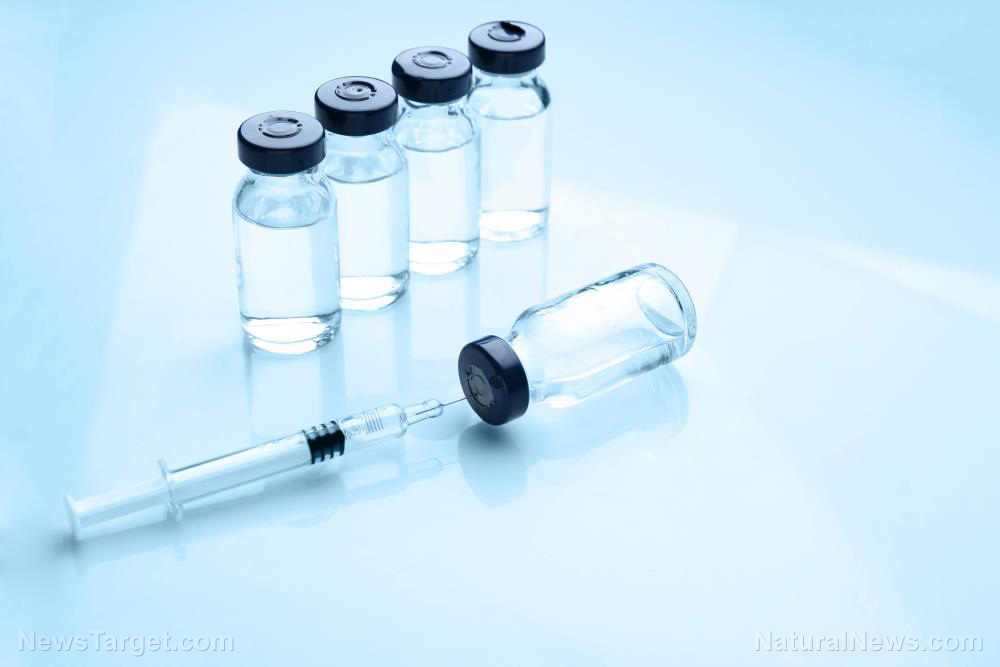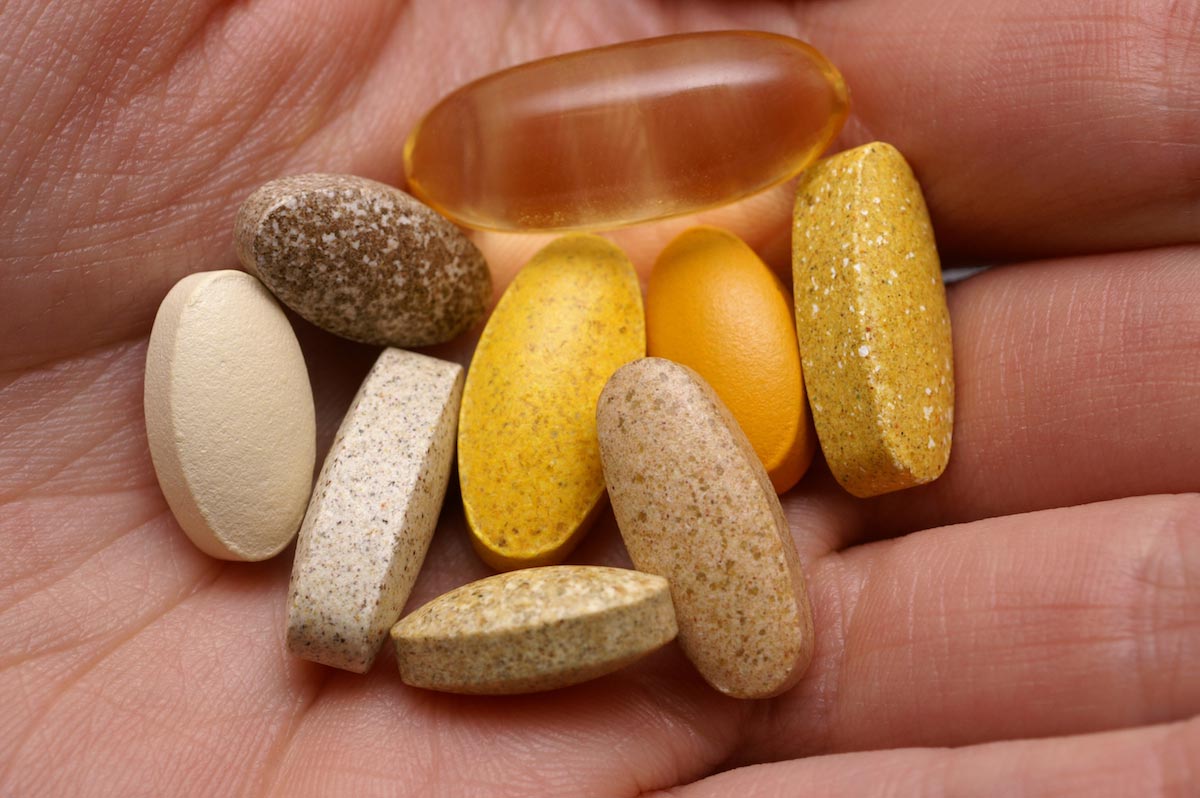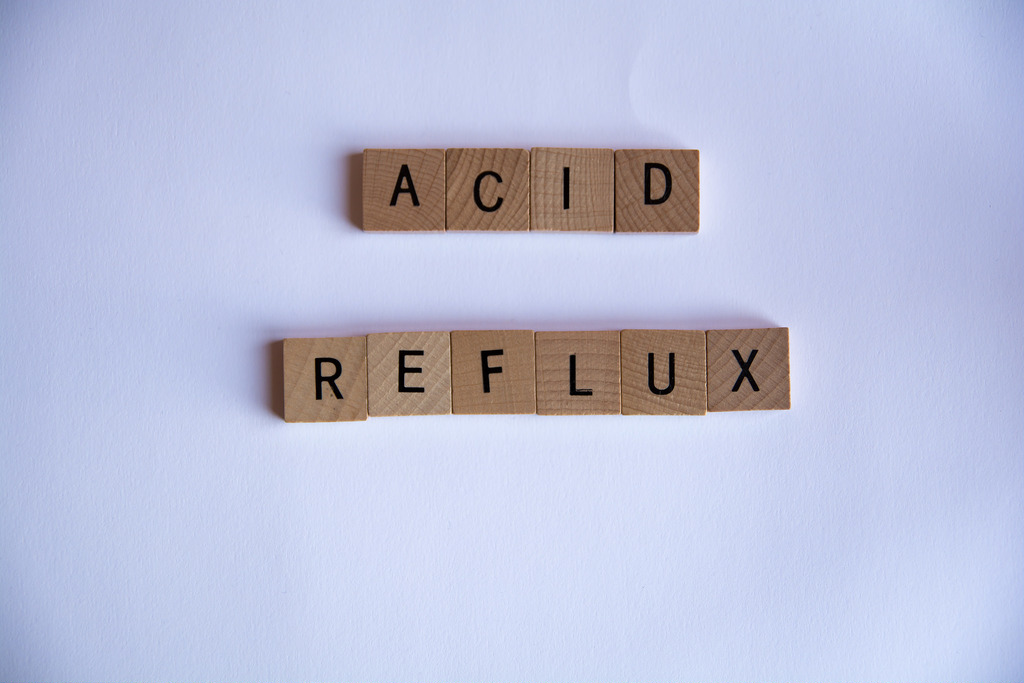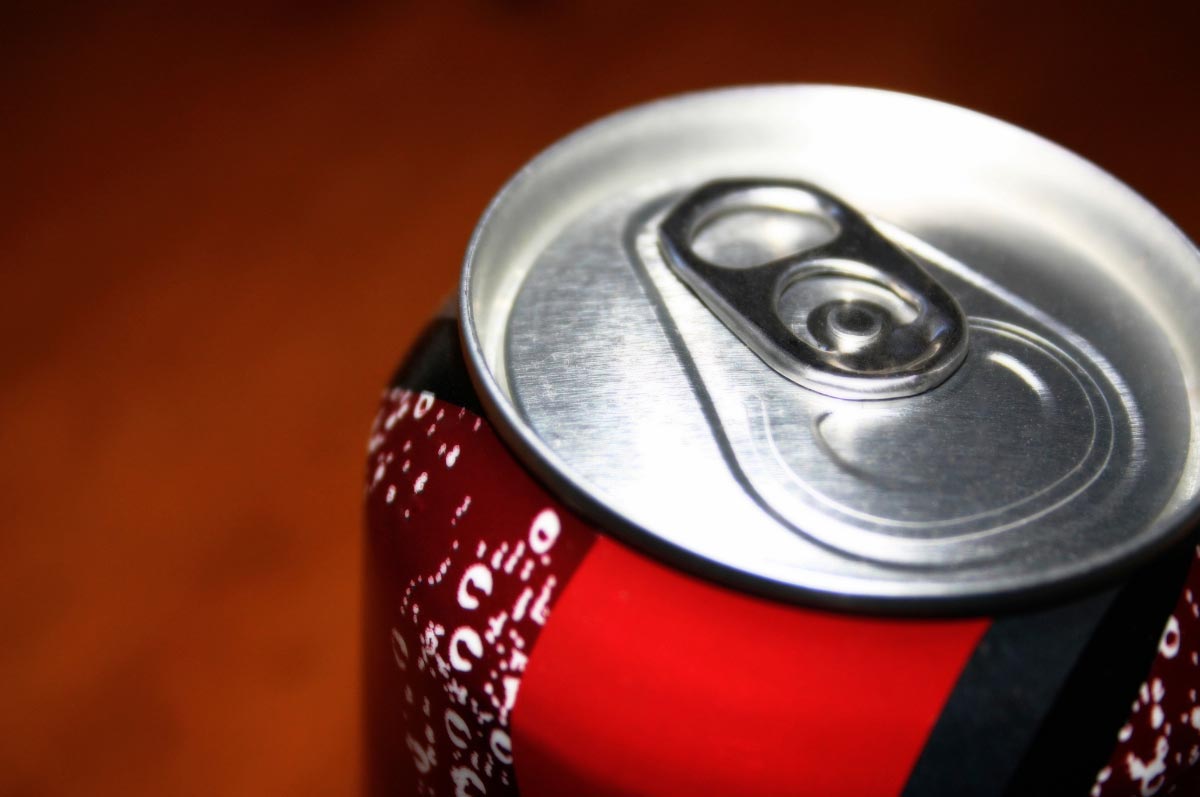Smiles and stronger teeth: 13 Vitamins and minerals that can boost oral health
04/24/2019 / By Zoey Sky

Did you know that you can improve your oral health by following a nutritious diet? In fact, consuming foods that contain certain vitamins and minerals can keep your teeth and gums healthy.
6 Vitamins that can improve oral health
Foods rich in various vitamins can promote good health and optimal bodily functioning. These six essential vitamins can also help keep your teeth and gums healthy.
Vitamin A
There are different forms of vitamin A:
- Preformed – Sources include chicken, dairy, fish, and meat.
- Provitamin A – Includes alpha-carotene, beta-carotene, and beta-cryptoxanthin, the inactive form of the vitamin found in plants like fruits and vegetables.
- Retinol – Also called Vitamin A1, retinol is found in eggs, dairy, oily fish, and organ meat.
Vitamin A is a fat-soluble vitamin, which means it can be absorbed along with fats and stored in the body’s fatty tissue. Additionally, both vitamins A and K are required to enable the conversion of vitamin D into its active form. The average healthy A healthy individual needs about 900 micrograms of vitamin A per day.
Vitamin B complex
The vitamin B complex group is made of:
- Vitamin B1 (thiamine)
- Vitamin B2 (riboflavin)
- Vitamin B3 (niacin)
- Vitamin B5 (pantothenic acid)
- Vitamin B6 (pyridoxine, pyridoxal, pyridoxamine)
- Vitamin B7 (biotin)
- Vitamin B9 (folic acid)
- Vitamin B12 (cobalamins)
These B vitamins are crucial for cell growth and they help improve the quality of blood, which are both needed for healthy gums.
Vitamin C
Your body needs vitamin C for tissue repair and growth, and a vitamin C deficiency may result in bleeding and inflamed gums. Without vitamin C the body is unable to form collagen, which is crucial for healthy connective fibers that maintain strong tissues and blood vessels that secure teeth to your gums.
Mother Nature's micronutrient secret: Organic Broccoli Sprout Capsules now available, delivering 280mg of high-density nutrition, including the extraordinary "sulforaphane" and "glucosinolate" nutrients found only in cruciferous healing foods. Every lot laboratory tested. See availability here.
Vitamin D
Vitamin D deficiency is linked to a greater risk of chronic inflammatory diseases. The vitamin has anti-inflammatory properties, and studies have determined that a deficiency of dietary vitamin D may result in gingival inflammation or periodontitis.
Vitamin E
Vitamin E is a potent antioxidant that can help promote tissue healing and minimize gum bleeding. Several studies reveal that vitamin E can help boost periodontal health and reduce inflammation.
Vitamin K
Vitamin K2 needs vitamin A to convert vitamin D into its active form. The vitamin also has anti-inflammatory properties that affect the immune system in three ways: it minimizes the production of inflammatory markers, it regulates immune cells that cause inflammation, and it decreases fibroblast cells (often found in connective tissue).
8 Minerals that promote gum health
Consume foods rich in these eight minerals in you want healthy gums.
Calcium
Calcium is needed for tooth and bone formation. Supplementation may help improve the outcome of non-surgical periodontal treatment.
Sources of calcium include:
- Bony fish
- Dairy products
- Eggs
- Pulses (e.g., beans and lentils)
- Leafy vegetables
- Nuts
- Seeds
Coenzyme Q10
Coenzyme Q10 (CoQ10) is an essential substance that assists with the function of many organs and chemical reactions in your body. CoQ10 helps provide energy to cells and it may have antioxidant properties.
CoQ10 helps promote healing and reduces pain and bleeding linked to gum disease. The mineral can also help reduce gum inflammation.
Aside from supplementation, good sources of CoQ10 include beef, chicken liver, parsley, and pork.
Iodine
Iodine is considered a trace mineral in the body and only small amounts are required for it to have an effect. Iodine is crucial for teeth and bone development.
The trace mineral enables calcium absorption, which your body needs for healthy teeth and bones. Iodine is also needed for optimal functioning of the salivary glands, which have an important role in oral health.
Sources of iodine include:
- Dairy products
- Eggs
- Garlic
- Seaweed
- Sesame seeds
- Shellfish
- Squash
Iron and zinc
Both iron and zinc may have antioxidant effects on the periodontium. Overall, both are necessary for immune health, which is then needed for oral health.
Zinc is thought to promote wound healing, and it can also assist with the transportation of vitamin A to fight inflammation, both of which are key to preventing gum disease. (Related: Green tea promotes healthy teeth and gums.)
Foods rich in iron include dry beans, red meat, spinach, and tuna. Meanwhile, zinc is found in grains, protein-rich foods, and spinach.
Magnesium
Your body needs magnesium for cell metabolism and bone formation since it generates hard enamel that resists decay. Magnesium deficiency is also associated with periodontal disease, and supplementation can help improve dental health and promote more successful non-surgical periodontal treatment outcomes.
Foods that contain magnesium include cacao, dark chocolate, green leafy vegetables, marine vegetables, nuts, seafood (especially shellfish), and soybeans.
Phosphorus
Phosphorus works together with calcium to form strong bones and teeth. Seafood sources of phosphorus include cod, salmon, sardines, scallops, shrimp, and tuna. Other sources include beef, cheese, and pork. Plant-based sources of phosphorus lentils, pumpkin seeds, and soybeans.
Potassium
Together with vitamin D, the electrolyte potassium is needed for a range of essential bodily functions, such as improving bone mineral density. Potassium also works alongside magnesium to ensure that your blood maintains a good pH balance so it doesn’t become too acidic.
Good sources of potassium include avocados, bananas, beans, green leafy vegetables, mushrooms, peas, potatoes, prunes, and sweet potatoes. Whole grains, lean meats, and nuts also contain potassium.
To maintain oral health, brush your teeth regularly and consume foods rich in the vitamins and minerals listed above.
Sources include:
Tagged Under: antioxidants, calcium, dental health, food cures, food is medicine, gum health, Holistic Dentistry, natural cures, nutrients, oral health, oral hygiene, remedies, teeth, vitamins



















